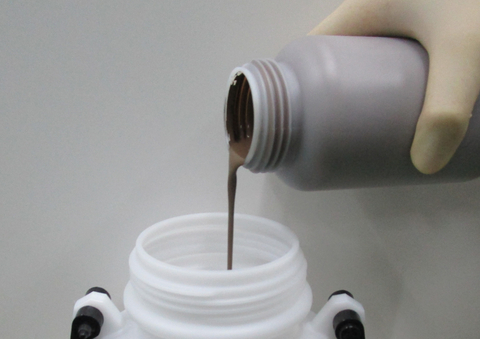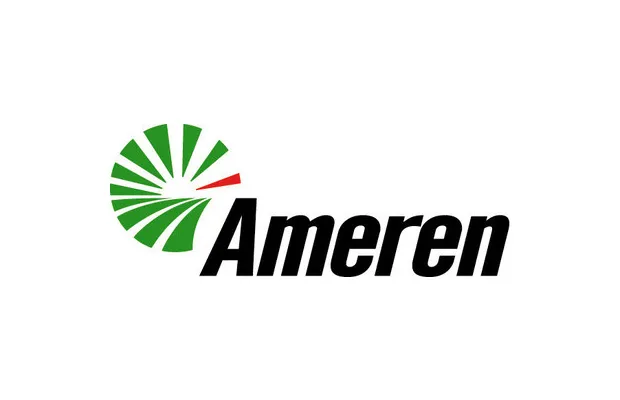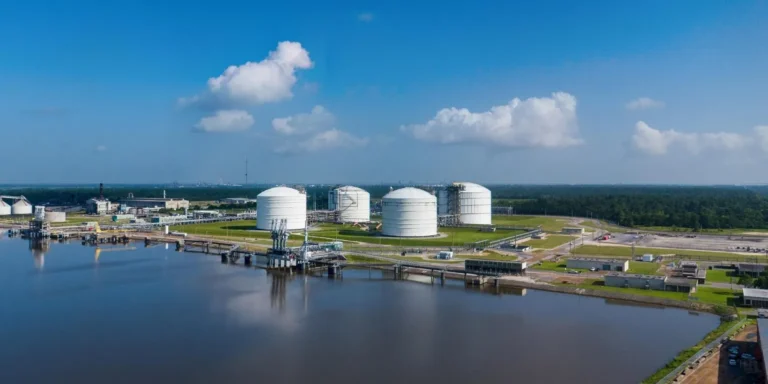
Murata Manufacturing Co., Ltd. (TOKYO: 6981) (ISIN: JP3914400001) is pleased to announce a revolutionary ceramic catalyst material designed to reduce the impact of industrial gas exhaust systems. A Chinese manufacture (F-Tech), called Shanghai FT Technology Co., Ltd, makes and sells ceramic catalysts using this material. Unlike traditional catalysts in exhaust treatment systems, this ceramic solution does not contain any precious metals, and it significantly reduces both the consumption of the natural gas used for treatment and CO2 emissions.
Across a wide range of industrial production processes, exhaust gasses must be treated in order to prevent harmful particulate matter from entering the atmosphere. In many applications, regenerative thermal oxidizers (RTO) are used to decompose, and therefore treat, the exhaust gas by burning it with natural gas, eliminating volatile organic compounds (VOCs), hazardous air pollutants (HAPs) and odorous emissions produced during industrial processes.
Given the rise in natural gas prices and the urgent need to prioritize global sustainability, industrial production facilities are now more determined than ever to find ways to decrease their fuel consumption and reduce their carbon footprint.
Built from Murata’s extensive ceramic capacitor knowledge, the catalyst exhibits exceptional heat resistance and can be used to treat highly concentrated exhaust gas. In terms of performance, by installing Murata’s ceramic catalyst into an existing exhaust gas treatment equipment the set temperature can be lowered from around 850℃ to 700℃. Through the reduction in the set temperature system, heat loss is reduced and the Self-combustion rate is increased, reducing natural gas consumption by up to 53% (Figure 1).
Additionally, this change in operational conditions results in a decrease in CO2 emissions originating from natural gas usage, contributing to a decrease in environmental impact, as well as significantly lowering running costs.
The ceramic material also brings a number of advantages. Primarily, the initial system cost is far more predictable, free from the price fluctuations seen with precious metals. Furthermore, the performance of precious metal catalysts can become compromised when subjected to extremely high temperatures, as the active element can move and group into larger clusters. This process, referred to as sintering, reduces the number and area of active sites and deteriorates the catalyst’s performance. Alternatively, ceramic catalyst materials have active elements dispersed in their crystal structure and do not degrade even in high-temperature operation, leading to an extended lifespan compared to precious metal catalysts.
In real-world applications at both Murata’s manufacturing and partner sites the ceramic catalyst has had a significant impact on the environmental impact of RTO systems and operating costs, with the installation at Wuxi Murata Electronics Co. achieving full system payback in just 13 months.
“With Murata’s patented ceramic catalyst material, we have taken our extensive ceramic capacitor knowledge and applied it to another market to create a truly innovative solution,” said Koichi Kawakita, Vice President Manufacturing Group Ceramic Capacitor Business Unit. He continued, “In terms of operation, it can help factory designers and exhaust gas treatment manufacturers achieve significant reductions in natural gas consumption and carbon emissions, while also cutting dependence on precious metals.”
Production is now underway and engineering samples are available for both the 100cpsi and 200cpsi variants.







